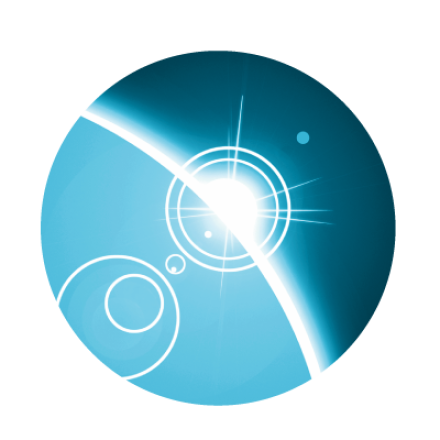NSF Unidata Update: December 2023
In case you missed it — here's a recap of news from the NSF Unidata Program Center for the month of December, 2023.
We at the NSF Unidata Program Center wish you a Happy New Year, and we're hoping to see you at the AMS Annual meeting in Baltimore! We'll have details about sessions, posters, and other chances to meet coming out in early January — stay tuned!
Highlights from last month:
Two Earth Systems Science Professor positions, University of California Irvine

The Department of Earth System Science (ESS) within the School of Physical Sciences at The University of California, Irvine (UCI), is seeking candidates for two positions.
Self Organizing Maps for Earth Systems Science

A self-organizing map (SOM), is an unsupervised machine learning technique used to produce a low-dimensional representation of a higher dimensional data set. SOMs are a specific type of artificial neural network; they can be used for clustering, dimensionality reduction, feature extraction, and classification. NSF Unidata AI/ML developer Thomas Martin talks about why they can be important tools for understanding large Earth Systems Science (ESS) datasets.
NSF Unidata Summer Student Internships Available!

The NSF Unidata Summer Internship offers undergraduate and graduate students an opportunity to work with NSF Unidata Program Center staff on projects drawn from a wide variety of areas in the atmospheric and computational sciences. As an NSF Unidata intern, you'll pursue the goal of adding innovative enhancements to data access, analysis, and visualization tools developed within NSF Unidata.
Unidata AWIPS 20.3.2-1 Production CAVE Software Release

AWIPS 20.3.2-0.2 is a beta release of CAVE. Great news, we've added installers for MacOS and Windows as well as made updates to the Linux and virtual machine option.
R2: Downsides and Potential Pitfalls for ESS ML Prediction

R2 is often one of the initial metrics introduced in predictive regression analysis, and while it is commonly reported, NSF Unidata AI/ML developer Thomas Martin has found it to be less suitable for some machine learning applications in Earth Systems Science.
Offer: NSF Unidata Science Gateway JupyterHub Resources Available for Spring 2024 Courses

NSF Unidata offers JupyterHub resources tailored to the instructional requirements of university atmospheric science classes through the Science Gateway project. For the Spring 2024 term, NSF Unidata is once again offering universities (or individual instructors) access to cloud-based JupyterHub servers tailored to their requirements.
Happy Holidays 2023 from AWIPS Tips!

In this week's AWIPS Tips, we're reflecting on a great year of sharing tips, resources, and announcements with you, our AWIPS community.
On the Developer's Blog
NSF Unidata Program Center developers write regularly on technical topics on the Unidata Developer's Blog.
Governing Committee News
NSF Unidata's Users Committee met November 1-3, 2023 in a joint meeting with the Strategic Advisory Committee at the Unidata Program Center in Boulder, CO. The Users Committee will meet next May 13-14, 2024 in Boulder, CO.
NSF Unidata's Strategic Advisory Committee met November 1-3, 2023 in a joint meeting with the Users Committee at the Unidata Program Center in Boulder, CO. The Strategic Advisory Committee will meet next May 2-3, 2023 in Washington, DC.

Add new comment